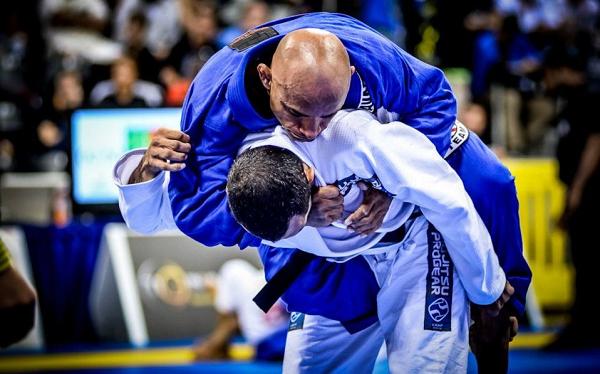Entrepreneurship is based on selling. You test the market with a product you think will sell well. If it does, you keep selling. If it doesn’t, you try something else.
This approach lent its name to my best-seller: Ready, Fire, Aim. The main idea is that to start and grow a small business you must develop a pragmatic, action-oriented mentality. Rather than spend too much time and money refining theoretical ideas, you develop a prototype quickly and then see if the market will buy it.
As I said in the book, for every business that fails because of poor planning there are a dozen that never get off the ground because of too much planning.
The Ready, Fire, Aim approach obviously doesn’t apply to surgical procedures and rocket science. But it will be very useful for 90 percent of the new-business ideas you are likely to come up with.
Want to start a business selling diamond-studded collars for kitty cats? Fine. There are two ways to go about that:
• You can spend most of your time and money manufacturing a line of such collars – and only after that is done, start to think about how you can sell it.
• You can make a single collar and go down to the local flea market or your neighborhood pet shop and see if you can find a customer for it.
Most people start businesses the first way. That’s why most businesses fail.
But with the Ready, Fire, Aim approach, you devote 80 percent of your initial resources to discovering an efficient way to sell the product. Once you have done that, you have found the key to successfully market it. With that key in your pocket, you don’t have to worry about all the other problems that will arise in the natural course of business. You won’t have to worry, because you will be able to create the one thing that can solve almost every business problem: cash flow.
Here, in a nutshell, is what I mean by Ready, Fire, Aim:
Ready: Get your product idea ready. Make it good enough to sell. Don’t worry about making it perfect. There will be time enough for that later.
Fire: Start selling it. Sell it every way you can. Test different offers. Test different ad copy. Test different media. Keep testing until you discover something that works. This is your Optimum Selling Strategy (OSS).
Aim: Expand your customer base by focusing on your OSS. As your customer base grows, develop business procedures to accommodate that growth. Hire the best people you can to manage your business. Discover, through “back-end” marketing tests, other products and services that your customers will buy. Use those discoveries to refine and perfect a fast-selling line. As this back-end business flushes cash into your company, invest a good deal of that cash into front-end marketing.
That is the cycle of a successful start-up venture.


